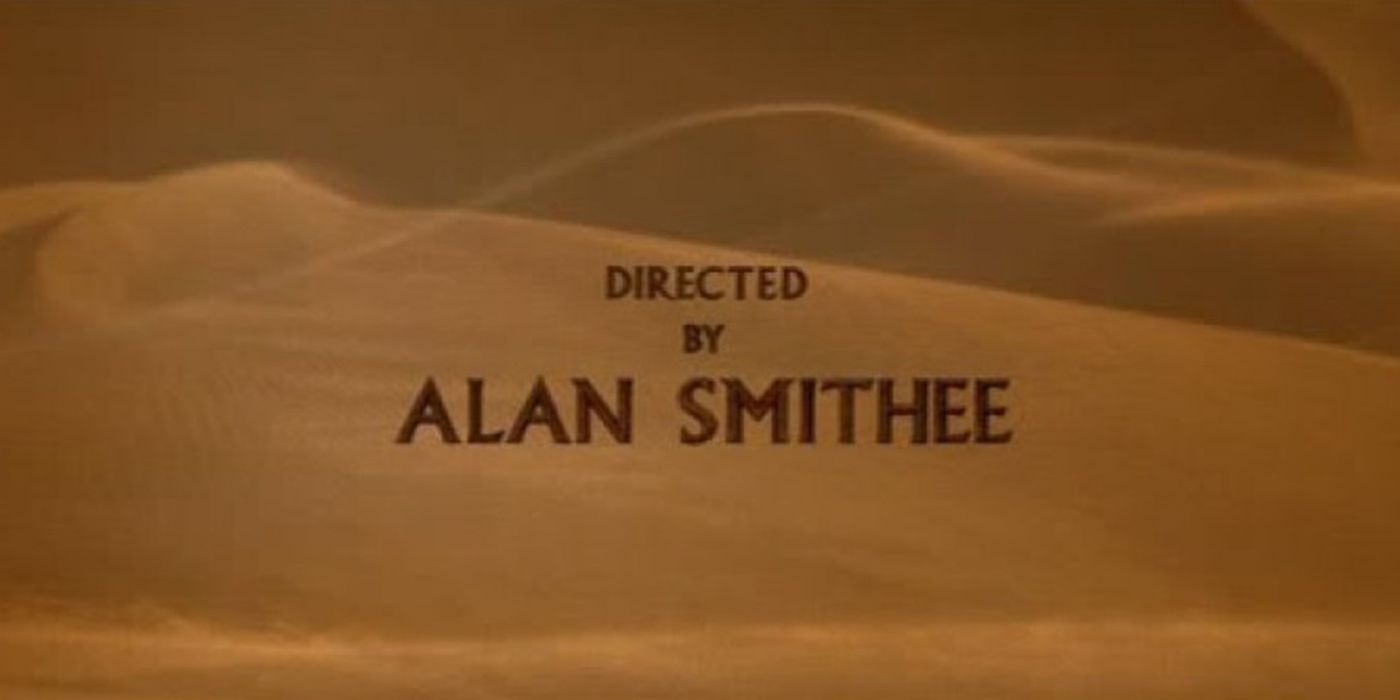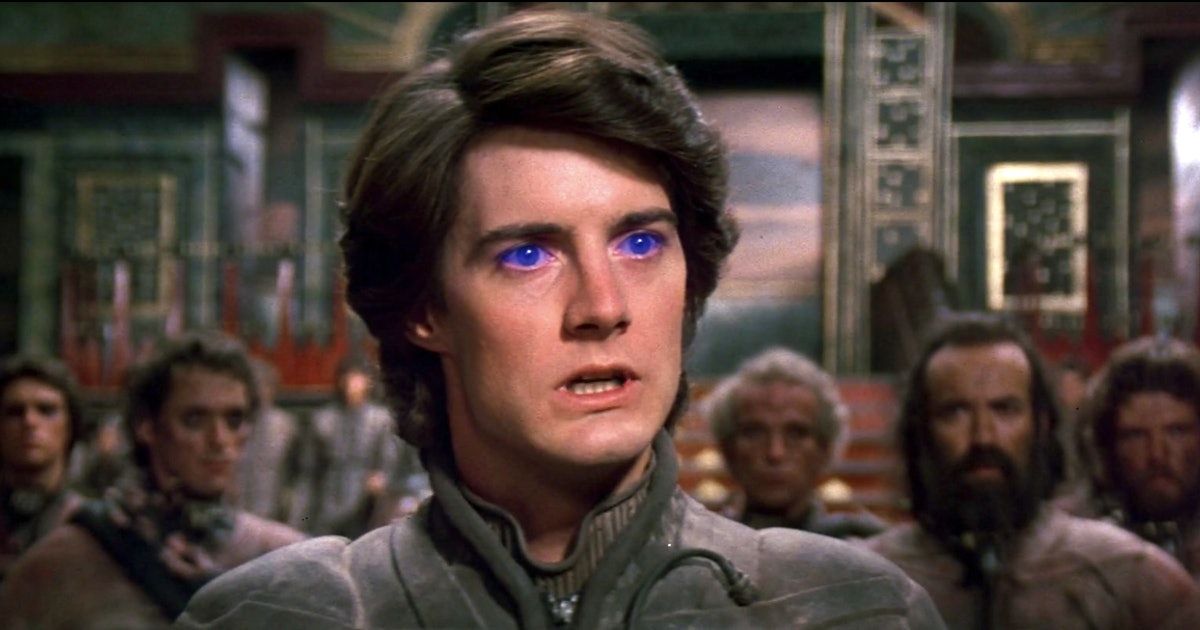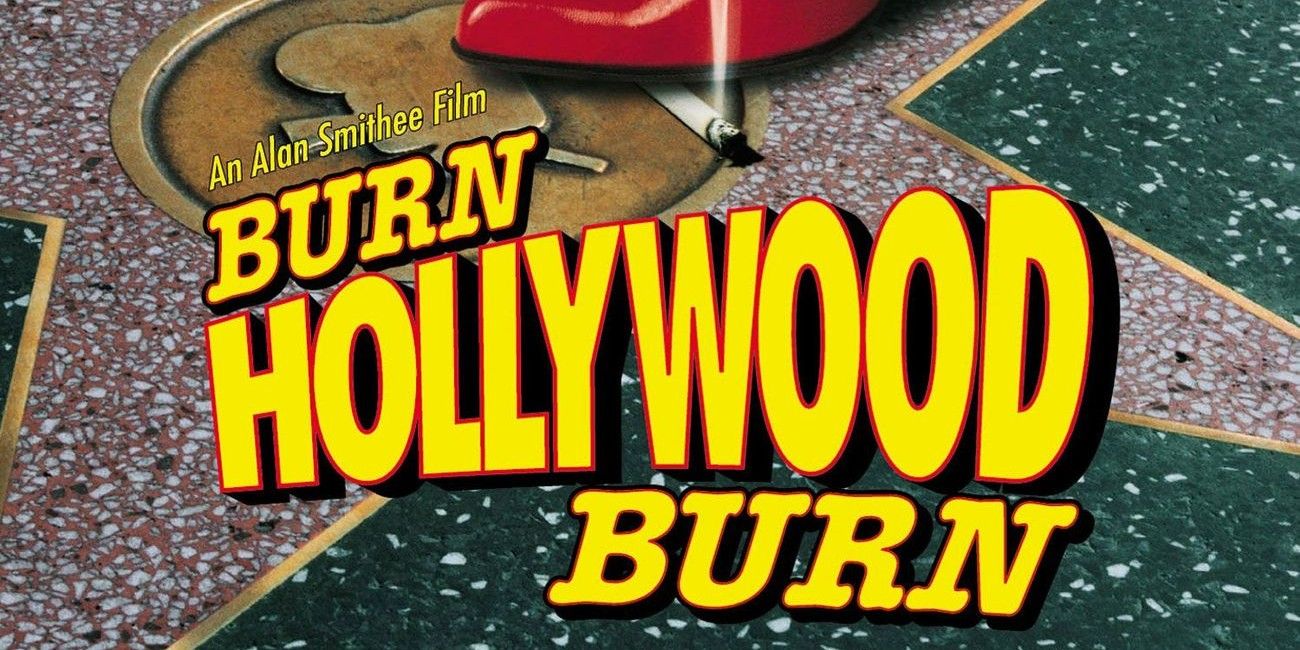Given the innumerable creative collaborations with writers, producers, make-up artists, stuntmen, actors and the many other members of a production crew, it can be unfair to heap all praise or criticism of a film solely on its director. At the same time, with free-spirited auteurs like David Lynch, Paul Thomas Anderson or the Coen brothers at the helm, it may also be a pretty accurate assessment.
Regardless, directors are almost always credited with the ultimate vision and critical responsibility of a film, a bittersweet blessing as much it is a curse. While it is often believed directors have a wide degree of creative control, outside influences can result in a product not in line with their original idea. When that’s the case, the notorious Hollywood fixer Alan Smithee has helped many renowned filmmakers vindicate their reputations over the years.
Created by the Director’s Guild of America in 1968, Alan Smithee was, for many years, the official pseudonym directors could dump their credits on in order to avoid having a blemishing film scribbled into their portfolios. The name was first credited on the film Death of a Gunfighter in 1969 after directors Robert Totten and Don Siegel both disowned the film. With Siegel picking up the project after Totten was punted midway through production (and neither being satisfied with the final product), the DGA agreed to let both directors shift their credits over to “Alan Smithee.”
Since then, directors such as David Lynch (for his universally maligned Dune released in 1984), Michael Mann (on the television cuts of Heat) and more movie and television filmmakers have dropped their names from their projects and allowed Mr. Smithee to take their critics’ flack. As a result, Hollywood’s favorite scapegoat has amassed quite the resume, even earning his own IMDb page in the process.
It was with a sad fate that Alan Smithee was officially canned by the DGA after the release of the heavily panned, six-time Razzie-winning 1997 satire, An Alan Smithee Film: Burn Hollywood Burn. Coming back full circle to the name’s ironic meta status, the film followed Alan Smithee (played by Ryan O’Neal), a filmmaker who wants to disown his film after extensive studio meddling, but can’t due to him sharing his name with the fictional director. Perhaps taking it too far, a dissatisfied Arthur Hiller further pawned his directing credit onto Smithee, the sheer irony of which likely pushed the DGA to retire the pseudonym to avoid an imploding confusion inside and outside of Hollywood.
However, it wasn’t until Kiefer Sutherland’s directing stint on Woman Wanted in 1999 that Smithee was fully laid to rest. Ever since, his tenured spirit has continued to live on in other, more positive ways.
Not wanting to see their names plastered over the credits too many times, Joel and Ethan Coen often split their co-directing, writing and producing credits to one or the other while giving their editing note to the fictional Roderick Jaynes (nominated twice now for an Academy Award on Fargo and No Country for Old Men). For similar reasons related to unions’ strict crediting guidelines, Steven Soderbergh has previously given his cinematography, screenwriting and editing credits to “Peter Andrews,” “Sam Lowry,” and “Mary Ann Bernard,” respectively. In a mind-bending meta loop connecting back to the films’ tricky narrative, Charlie Kaufman even gave his Oscar-nominated co-writing credit on Adaptation to his deceased (and entirely non-existent) brother, Donald.



